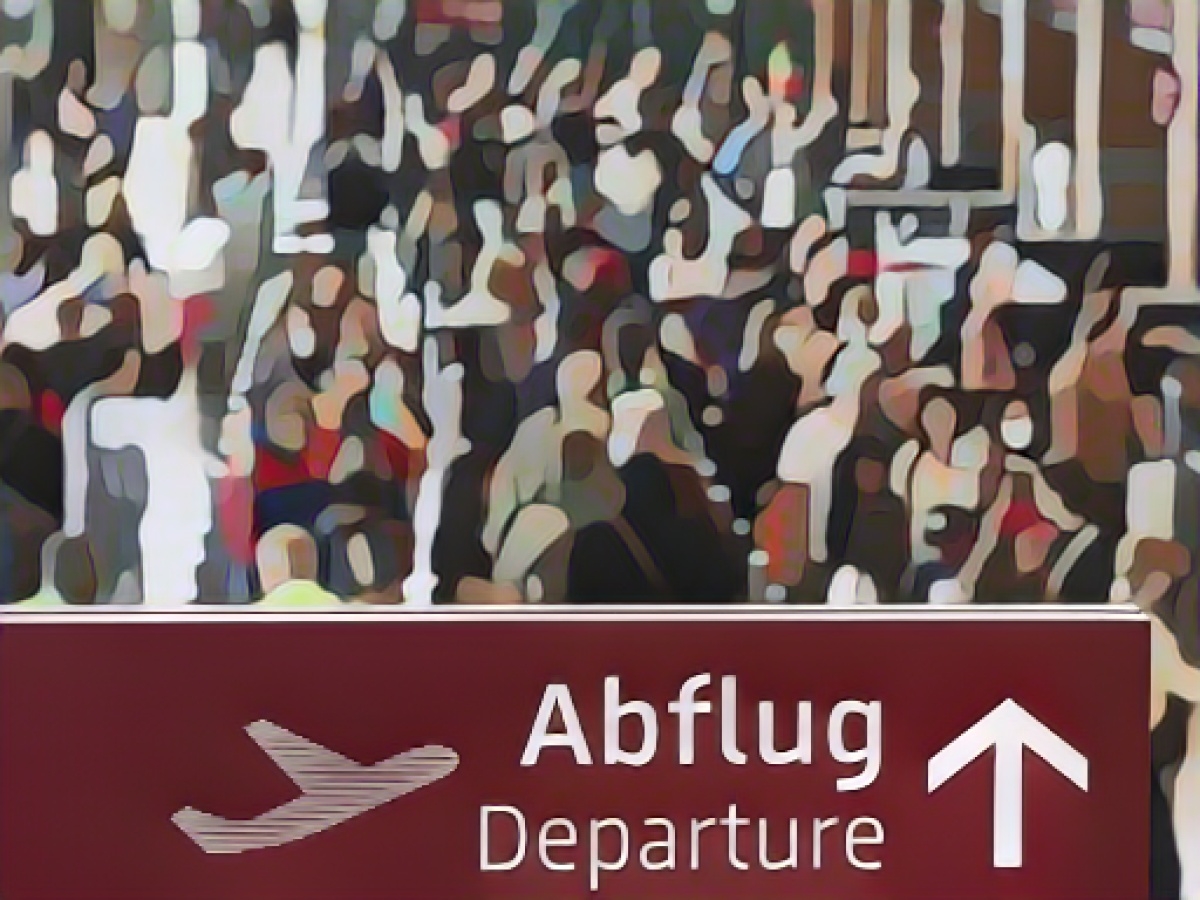Long-Haul Flights from BER: A Financial Struggle
BER's scarcity of long-haul flights is primarily an economic issue, as per the Federal Association of German Airlines. Michael Engel, the association's Managing Director, commented during a Potsdam meeting that the demand for long-haul flights in the capital region is not substantial enough to make these trips economically justifiable.
Engel emphasized that hub traffic, which includes local and transfer passengers, is the key to ensuring sufficient capacity utilization and connectivity for intercontinental long-haul flights. This model is not only financially sensible but also offers an environmental advantage.
Berlin and Brandenburg's state governments aim to boost long- and medium-haul connections at BER. They believe that the airport should serve as an eastern Germany hub, but current figures show that only a few long-haul flights depart from BER per day – considerably less than at western German airports.
Flughafengesellschaft Berlin-Brandenburg (FBB) has been striving to augment long-haul flights for years. Despite their efforts, the demand for such flights from BER remains low due to financial constraints. Last year, for instance, Norse Atlantic introduced connections between Schoenefeld and Los Angeles, Florida, and New York, but these routes to the West Coast were subsequently discontinued.
Economic factors contribute to this low demand for long-haul flights from BER, as evidenced by the diminished air traffic for intercontinental routes. Air traffic controllers are focusing more on hub traffic to maximize capacity utilization and connectivity as a result.
Overcoming the Challenges
Numerous efforts are being made to tackle the issue of low long-haul flight demand at BER. For instance, the airport is undergoing an expansion plan up to two satellite concourses, which would boost terminal capacity to 45 million passengers annually. This expansion aims to provide more space and opportunities for airlines to expand their operations and potentially attract new long-haul flights.
Airlines like United Airlines and Delta Air Lines have announced their return to Berlin with new long-haul routes. United Airlines has resumed services to Newark and Washington, D.C., while Delta Air Lines has announced a seasonal connection to New York–Kennedy. Carriers like Condor are also adjusting their networks to facilitate connections to North American gateways, hoping to leverage existing European routes to boost long-haul operations.
However, the fierce competition from well-established hubs like Frankfurt Airport and London Heathrow remains a significant challenge for BER, as they resist losing passenger shares without sparking a price war. Despite the financial constraints and health crisis brought on by the COVID-19 pandemic, Berlin Brandenburg Airport persists in its pursuit to become a viable long-haul flight hub.







